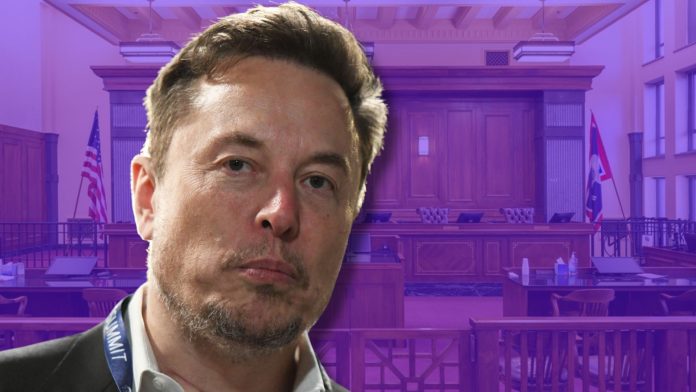A California judge on Monday refused to dismiss a lawsuit targeting Tesla and its insurance arm, setting the company up for a difficult legal battle involving plaintiffs from multiple states.
The class-action lawsuit, filed this April by plaintiff Ricky Stevens, alleged that the electric vehicle maker increased customer insurance premiums based on false data. According to the company, rates are determined based on a scoring system that uses information obtained from the vehicle to estimate how safely the owner is driving. One of the monitoring devices used to grade customers is the Forward Collision Warning, which alerts car occupants when they are at risk of crashing into an object. The more this alarm is triggered, the more likely the owner’s rate is to increase.
However, the lawsuit claims that the collision warning system frequently exhibited “sporadic and random” behavior, alerting owners of a threat that never existed and Tesla of poor driving that never happened. The plaintiff argues that these false alarms contributed to poorer safety scores, leading the company to hike the premiums of many customers without due cause. On its website, the EV brand notes that the scoring system ensures that rates are calculated based on “real-time driving behavior,” a claim that Stevens and his lawyer labeled as false advertising.
Tesla will now have to face the class-action suit in California, with an initial hearing scheduled for January. The judge’s refusal to dismiss the case arrives just after the brand launched its long-awaited Cybertruck to mixed reviews, while CEO Elon Musk faces mounting criticism for his online behavior.




